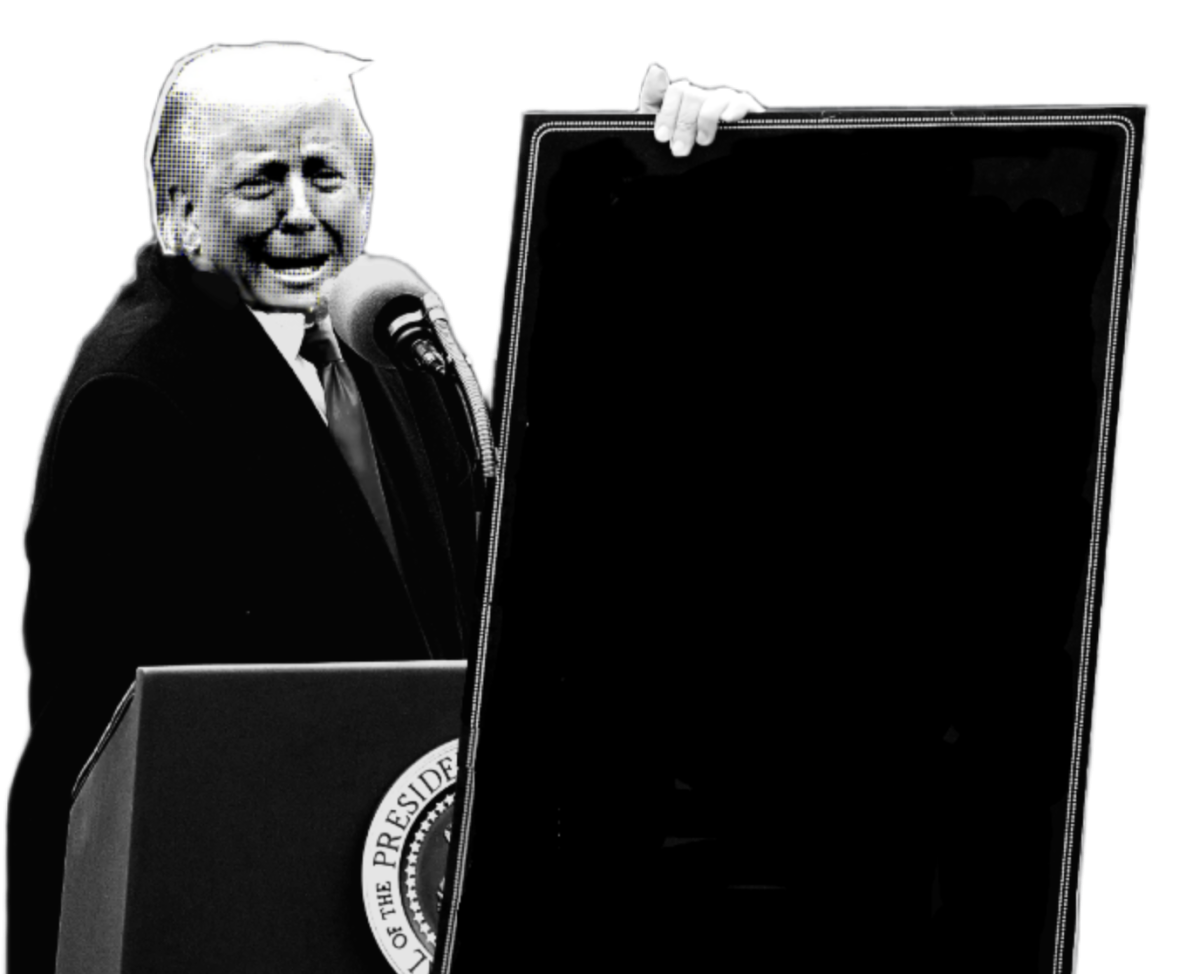Since taking office, the president has levied tariffs on around 90 countries, including a most notable 145% tariff on all imported Chinese goods.
An added element has been the uncertainty of the tariffs, as they have been imposed on and off. Trump recently met with China’s president Xi Jinping, agreeing to temporarily pause tariffs according to an article by the New York Times.
According to an official White House statement issued on Feb. 13, 2025, Trump implemented the tariffs on the grounds that they will protect domestic industries, punish unfair trade practices, and reduce the trade deficit.
However, American businesses are paying the price, which gets passed down to consumers.
According to research by the Pew Research Center, small businesses make up 99.9% of businesses in the United States, and in the wake of recent tariffs, these businesses have especially had a hard time absorbing this increase in operating costs. 42% of small businesses have reported increased costs, with 30% noting delays in shipments of goods, according to a survey by the National Small Business Association
The tariffs are revealing an unstable trade system, with Goldman Sachs reporting that over 70% of companies that import from China lack viable alternatives from other countries. As a result, small businesses, including those in the Bay Area, are struggling with rising prices and crumbling supply chains.
On April 27, local businesses gathered in a meeting organized by San Jose Congressman Jimmy Panetta to express their frustration with the recent tariffs. A wide variety of businesses ranging from gas stations to grocery stores were represented, each citing concerns with increasing operating costs and price hikes.
Anthro spoke with local businesses in downtown Palo Alto to learn more about how tariffs are impacting them.

“The tariffs will lead to at least a 15 to 20% increase in our cost. Tariffs impact the psychological mood of the country and the people who are customers. Uncertainty is more impactful than the 10% tariff. So instead of buying two boxes, people might buy one box. Instead of buying a box, they might buy a bar. And that I’m not saying that it’s happening, but it is a trend that could continue in the future, and that uncertainty can turn a recession into a depression, because it becomes a psychological barrier, and people are worried about losing their Social Security, losing their jobs.”
— Robbin Everson, owner of Alegio Chocolate

“We don’t know if it’s impacted customers yet, but we have raised prices on bicycles, equipment, and accessories already. Manufacturers and distributors are implementing tariff costs, and we are implementing them here to cover those costs that were paid, just like everybody else. It stinks.”
— Paul Giani, Store manager of Palo Alto Bicycles

“I am getting emails from different vendors saying that the tariffs are coming into question and that they’re just navigating the waters as they come, since everything’s sort of topsy-turvy. I think they’re affecting everything. It’s pretty wild. If I get charged more, I will have to pass it along to my customer. So I anticipate that prices will be going up. I think they [tariffs] are ridiculous and crazy, and I am super mad about it. I think it’s gonna slow down business, and people are scared and don’t know what to do. And so they’re just staying home, which is definitely affecting small businesses.”
— Marisa Lyssand, owner of Galerie Home & Garden
